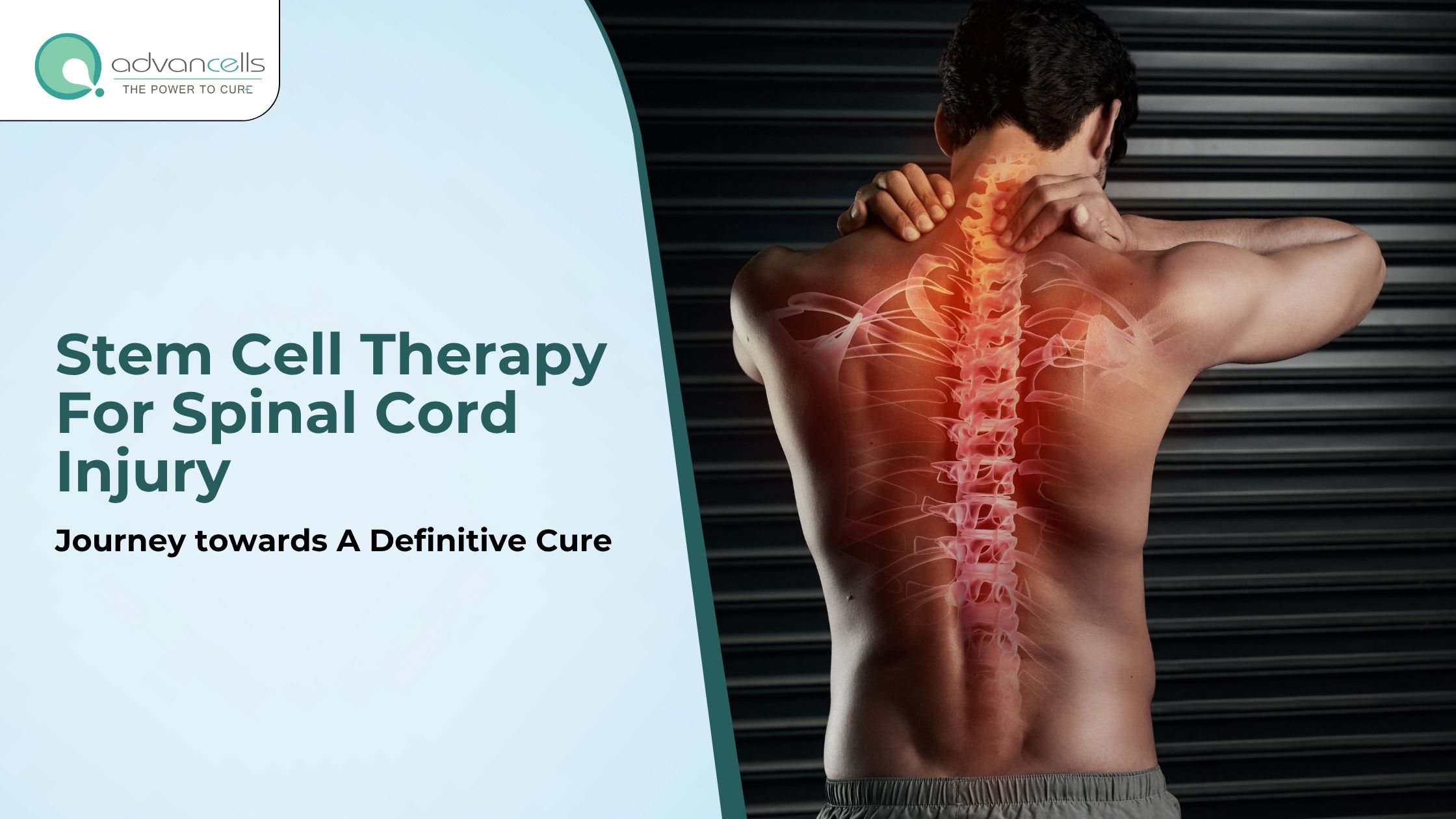 Smart Link Building – DA 50+ Backlinks with Fast Indexing!
Smart Link Building – DA 50+ Backlinks with Fast Indexing!
Stem Cell Treatment for Anti-Aging: Rewinding the Clock
Written by Advancells » Updated on: July 03rd, 2025

Aging is a natural biological process that gradually declines the structure and function of body organs. The capacity to repair and regenerate tissue also diminishes. Signs like wrinkles, sagging skin, joint pain, slow healing, etc., become noticeable as we age. Aging also increases our susceptibility to illness and injury. Enhancing life expectancy and maintaining youthful health has been a continual pursuit of the medical field. Stem cell treatment for anti-aging has introduced a new frontier.
Effects of Aging
Aging causes several changes at a cellular level that translate to tissue or organ level. Stress, lifestyle habits, and many more factors induce DNA damage. This damage also occurs with each cell replication cycle. As the damage accumulates in cells, they enter senescence and stop contributing to repair processes. Telomeres are the end region of chromosomes. Their length decreases with each cell division, leading to cell death. Cellular mitochondria convert nutrients into cellular energy. With age, changes in mitochondrial DNA cause dysfunction, altering the energy supply of cells and overall tissue health.
Regenerative medicine for Anti-Aging
Stem cell therapy targets aging at the cellular level by repairing and replacing damaged cells. Here are several mechanisms through which this therapy contribute to anti-aging effects:
Skin Rejuvenation: Anti-aging stem cell treatment can stimulate the proliferation of skin cells and promote the production of skin proteins, such as collagen and elastin. It improves skin elasticity and reduces wrinkles. The cellular turnover alleviates pigmentation.
Immune System: The decline in cell number also weakens the immune system. Stem cell treatment can induce immune cell survival and growth. Several growth factors also activate bone marrow stem cells, which are responsible for immune cell formation. This results in increased immunity and decreased susceptibility to diseases.
Organ Repair: Organs undergo structural alterations with age, which limits their ability to perform at an appropriate level. With stem cell therapy, the organ can regenerate and function to their previous capacity. Many ailments have been treated by taking use of this idea.
Anti-Inflammation: Inflammation is one of the underlying mechanisms for age-related diseases. Stem cells, especially MSCs, release anti-inflammatory cytokines and lower the levels of pro-inflammatory cytokines that reduce inflammation
Neuroprotection: Cognitive decline accelerates with age and is also apparent in several neurodegenerative conditions, such as Alzheimer’s and Parkinson’s. Research has demonstrated that mesenchymal stem cells (MSCs) secrete factors that protect neurons and regenerate nervous tissue in the brain.
Antioxidant: Oxidative stress is another cause of cell senescence due to aging. These are reactive oxygen species that can interact with and damage cellular components, driving cells towards apoptosis and senescence. MSCs are known for their antioxidant properties, diminishing levels of these molecules and protecting against aging effects.
Angiogenesis: The number of blood arteries in each tissue decreases with age. They are essential for supplying nutrients and clearing waste. MSCs release vascular endothelial growth factor (VEGF) that stimulates the formation of more vessels by the process of angiogenesis, leading to adequate nutrients and oxygen to cells for their proper functioning.
These benefits of stem cells might soon change the landscape of anti-aging treatment. Stem cell infusion might be available for full-body rejuvenation, resulting in healthier individuals.
Mesenchymal Stem Cells
MSCs have captivated the interest of the scientific community. They have numerous therapeutic qualities that address various facets of illnesses or disorders. Because of their ability to elude the immune system, these cells reduce the possibility of immunological rejection upon infusion. As a result, their use in anti-aging has also drawn interest. Aging can negatively impact stem cells. Thus, the umbilical cord has been a suitable source of MSCs. MSCs from the umbilical cord are considered to be Age 0 cells due to the absence of aging effects on these cells. These MSCs also show higher regeneration potential.
MSCs also release exosomes, cellular messengers that establish crosstalk between cells for smooth functioning. They contain a repertoire of biomolecules that confer the identical therapeutic properties as MSCs. These are cell-free products and, therefore, gaining rapid acceptance, although their use is limited to the cosmetic field.
Conclusion
The discovery of stem cells indicated the possibility of a venture into anti-aging treatment. An innovative and potentially revolutionary approach to anti-aging treatment is stem cell therapy. Stem cells extend lifespan and improve quality of life in later years by re-establishing the body's innate regenerative capacities. In addition to lowering sickness, stem cell injection may stabilize mental abilities and physical endurance. Personalized stem cell therapy is gradually emerging as a result of ongoing research to consider individual genetic variation. Through the use of nanotechnology, 3D printing, and gene editing, researchers are attempting to optimize the potential of this medicine. Although there are still obstacles to overcome, new opportunities may be revealed by the developing technology. Advancells, the premium manufacturer of stem cells, is forging the path toward the best stem cell therapy for anti-aging therapy.
Note: IndiBlogHub features both user-submitted and editorial content. We do not verify third-party contributions. Read our Disclaimer and Privacy Policyfor details.
Copyright © 2019-2025 IndiBlogHub.com. All rights reserved. Hosted on DigitalOcean for fast, reliable performance.













